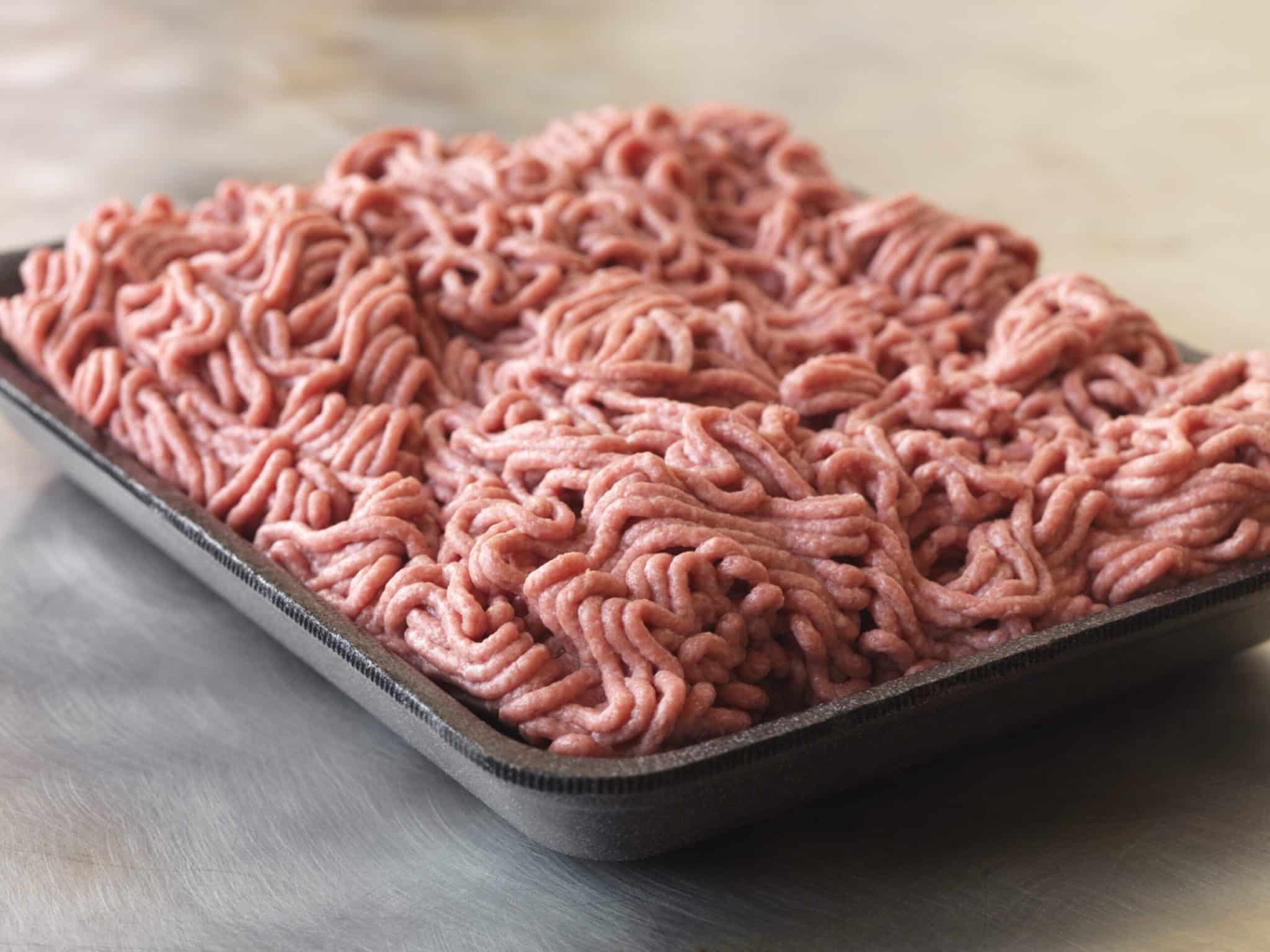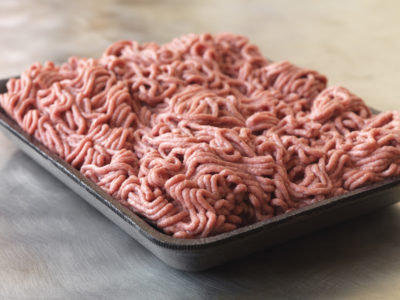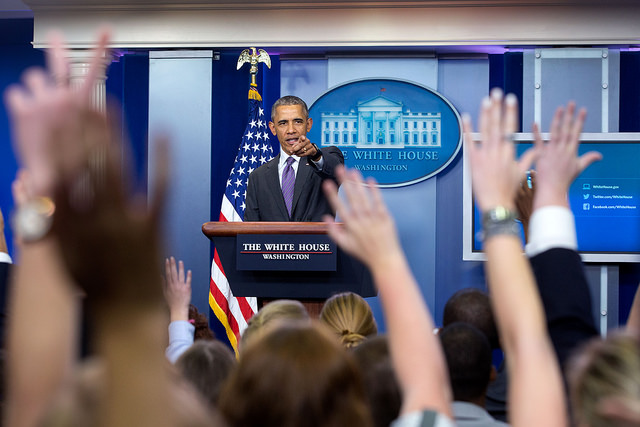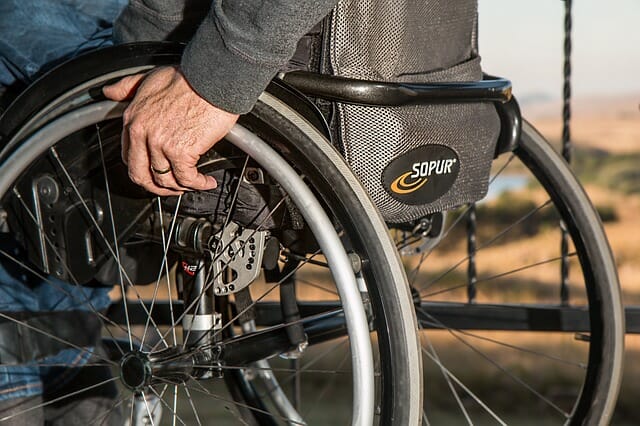The disturbing news that LFTB, or the pink slime, is all set to return to school lunches in seven states this year has sent a shockwave through the nation. The furor over this issue last year had just about died down with all but three states banning this controversial product from the lunch program.
What is pink slime?
It is a by-product of the beef processing industry, and goes by the short acronym LFTB, which stands for “lean finely textured beef” The word “lean” does give a healthy ring to it, but there is nothing particularly healthy about this product. It was not considered fit for human consumption until a few years ago, and was mainly used in the pet food industry.
After removing the useable meat from the cattle, the bits and pieces of meat sticking to the carcass are mechanically separated. These trimmings go into the making of the LFTB. It may include cartilages and tendons, as well as the skin and the innards of the slaughtered animals. They are heated and centrifuged to remove the fat content. Since these items could be contaminated by pathogens like E. coli and Salmonella, ammonia is passed through the finely ground mixture. Some use citric acid instead.
Beef Products Inc., the leading manufacturer of pink slime, assures the public that their LFTB does not contain tendons and other connective tissue. But Dr. Gerald Zirnstein, who was one of the officials at the USDA’s Food Safety and Inspection Service in charge of testing the product, begs to differ. He had coined the term “pink slime”; he also stated very clearly that LFTB cannot be equated to ground beef. And those who have tried burger patties made with LFTB-added ground beef say it has a gritty texture. We know that tendons are very tough and practically indigestible. They are not known to be nutritious, either. Grinding them fine is not going to change their nutritional status in any way.
LFTB is banned in some countries. Canada does not approve using ammonia in meat processing. They can neither be made domestically nor imported into the country. The United Kingdom, as well as the European Union, has imposed a ban on meat obtained through mechanical separation.
Could Famine And Hunger Come To America?
There have been no documented instances of food poisoning implicating LFTB-added ground beef. Nevertheless, the long-term effects of the chemical treatments this product is undergoing are not known. They may be precipitating toxic compounds in the meat which can accumulate over a period in those who consume it. Remember, asbestos was once touted as wonderful building material. How long did it take the world to wake up to dangers of this material that still plague us?
It Is All About Money
It is no secret that school districts are often cash-strapped and some compromises are inevitable. The ground beef with LFTB is 3 percent cheaper than the additive-free product. When you take into account that last year’s order for beef by schools came to 117 million pounds, it is easy to see the impact even a tiny cost-saving measure can have. Does that justify pink slime on their plates? There are certain things that just cannot be compromised. Health and safety are at the top of that list. Moreover:
- Children deserve the best. In all decent societies children and their needs should be the first priority. Obviously Canada, UK and other European countries don’t want to jeopardize their citizen’s health to appease manufacturing giants like BPI. Are our children inferior to their counterparts in other countries? Why should they be fed a substandard fare? Can we build a strong country with this attitude?
- This is the time to grow. It is the time to build healthy bodies and minds. The growing bodies of young children need the very best inputs. Compared to adults, they are more affected by what they eat. What about their minds? Growing up with the knowledge that they have been shortchanged can have unforeseeable consequences.
- Children deserve to be treated equal. Should they have a raw deal because they happen to be in a particular school district? It is a situation they have no control over. The very purpose of the public school system is defeated if some children are treated as inferior to their counterparts elsewhere in the country.
Under current law, LFTB cannot be sold as food product, but it can be added to ground beef products. If the pink slime is as safe and healthy as it is made out to be, why is there a restriction on selling the product as such? Why sneak it into other products? If the USDA is convinced that LFTB is good enough, or even a healthier choice to normal ground beef, let the manufacturers market their product by all means. But let them do it out in the open. Don’t make children scapegoats.
Is There A Solution?
The helplessness and frustration is palpable. But whether a renewed campaign to get this pink slime off the children’s plates would bear fruit is something we have to wait and watch. Right now, only Texas, Pennsylvania, Illinois and Virginia have joined the other three states — Iowa, Nebraska and South Dakota — in putting the pink slime back on the school menu. But all American parents need to be concerned about this new development. One thing is predictable; if this move is not nipped in the bud, soon more states and school districts will follow suit.
The onus is on the school districts to find other ways to cut costs and not gamble with the health and safety of children. Do they have the required moral fiber?











